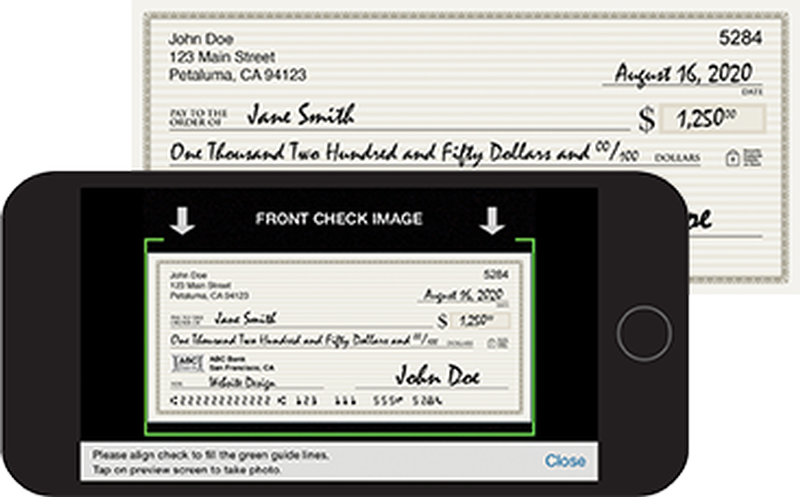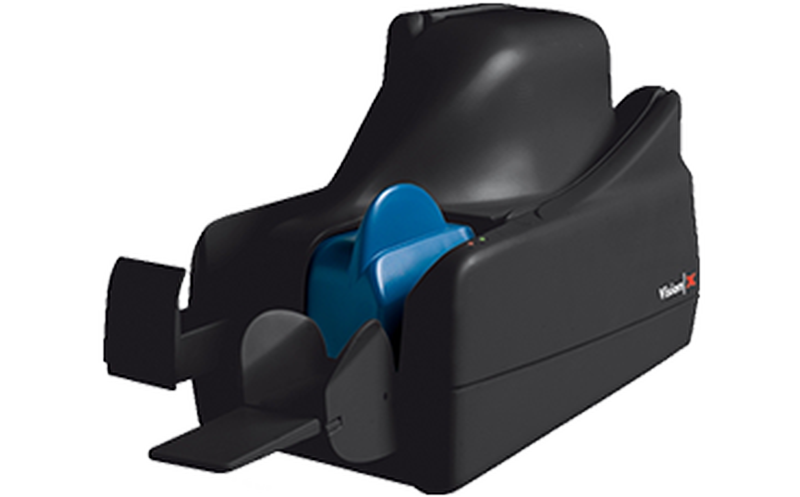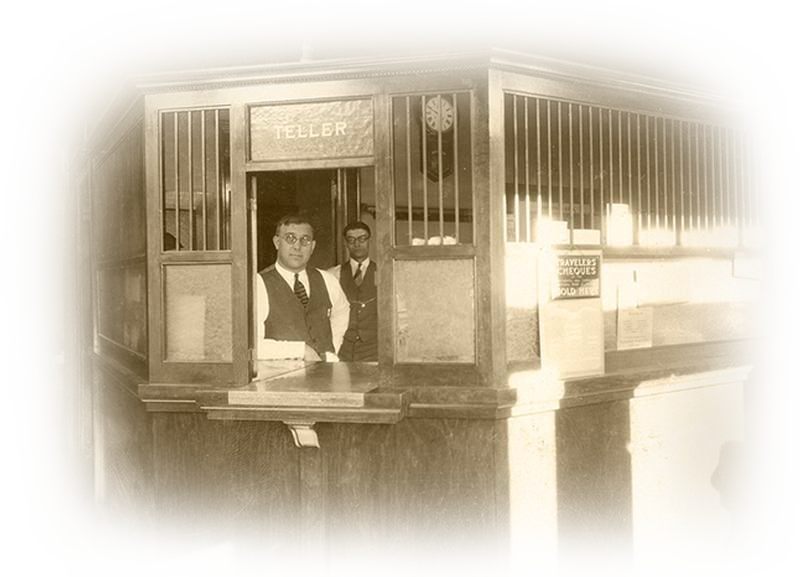Tips for Managing Your Business in a Down Economy
It’s no secret the U.S. economic cycle has turned downward after many years of a booming economy. Inflation has slowed consumer spending. Supply chain disruptions continue to affect purchasing. The housing market has come to a virtual standstill.
Business owners, if you haven’t already, you need to shore up your financial practices now to ride out this downturn and position yourself to take advantage of the next upswing.
As a commercial banker, I have seen time and again the financial management practices followed by businesses that have endured through tough times and made the most of boom times. They include:
Managing variable expenses closely
You and your accountant should be monitoring your variable expenses frequently as a standard practice – regardless of the economy. This separates great businesses from good ones. In a down economy, this practice is even more important.
Watching your profit & loss statement closely will help you identify increasing costs early and adjust wherever possible. Being well versed in your supplier and customer contracts will help you to know when you have grounds to renegotiate pricing and how to approach those renegotiations. You may be able to negotiate volume discounts for bulk supplies, perhaps even in advance of prices increases from suppliers. If you haven’t raised prices recently, consider doing so to counter increases to cost of goods sold.
Diversifying revenue sources
The pandemic taught us a few lessons about being nimble and creative. Businesses that listened to their customers’ needs and tweaked their business models discovered new profit centers they didn’t anticipate. Restaurants, for example, moved to online ordering, offered take-and-bake meals, and expanded outdoor dining, all of which strengthened their businesses after the pandemic and enhanced their core business.
Your strategic plan and input from your customers should guide your decisions around diversification. Don’t deviate too far from your strong suits. A complementary service or product in your primary industry is going to be less expensive and easier to launch to your existing customers than marketing a new product or service to an unknown market.
If your business doesn’t lend itself to offering new goods or services, be sure your customer base is diverse. Having a large portion of your revenues from a single customer could put your business at risk if the customer isn’t able to pay or is slow to pay.
Keeping more cash on hand
The old saying “cash is king” is especially true in a down economy. Cash gives you negotiating power with suppliers, allows you to move quickly to take advantage of expansion opportunities, and helps you weather ebbs and flows in revenues if customers are slow to pay.
Prices are up across the board and may continue to rise. With cash on hand, your business is better positioned to buy equipment or supplies when a competitor liquidates and closes.
Your business also can more easily cover unforeseen expenses or pivot into new markets or product line extensions. For example, to meet COVID-19 requirements, businesses had to enhance their cleaning procedures, install safety equipment, such as plastic dividers at retail point of sale, and make other changes. Those businesses with cash on hand were able to make those upgrades faster and for less money than those that had to secure a line of credit or a PPP loan.
More cash on hand also helps fill any gaps in your payables and receivables. You should expect receivables to extend past 30 or 60 days or longer, as your customers are facing the same challenges in this economy. At the same time, don’t be surprised if your suppliers even tighten up their requirements on paying invoices.
Right now, investment returns are nonexistent or so low that cash is more useful in your business versus in an investment account. Hold onto your cash until you can earn a better return on your investments.
If you don’t currently have much cash on hand, create a plan for building cash reserves from your receivables, if possible. Alternatively, you might seek a capital injection from an owner or investor or sell assets, such as idled equipment. Borrowing is always an option but should be considered a last resort as interest rates are high – most lines of credit are priced at prime +1 or +1.5. (As of 9/22/2022, the Fed prime rate is 6.25% .)
Using contractors to bridge temporary surges and delay hiring
If you’re uncertain what your future sales will be or question the longevity of a customer, delay hiring decisions until there’s more certainty. Temp agencies and contractors can help you meet demand for goods/services without adding payroll and benefit liabilities to your balance sheet. If your business slows, you’re also not on the hook for severance and unemployment.
Keep in mind, contractors may be a quick fix best reserved for non-customer-facing responsibilities. They may not have the same level of commitment to quality and service as a permanent employee.
As you consider temporary or contract employees, weigh the pros and cons against your 5- or 10-year strategic plan. Will this move help you bridge a temporary surge in activity to continue working toward your overall strategic goals?
Listening to business advisers
Having good relationships with your accountant and banker is especially important in a sluggish economy. These partners will give you honest and critical feedback about your business to ensure your ongoing success. They will stay on top of sales projections and variable expenses, helping you make well-informed decisions.
I’ve come across business owners who believe bankers are too demanding or unrealistic in their expectations of businesses. Most commercial bankers, however, are asking a lot of questions and digging into your finances to satisfy extensive regulatory requirements and to get you the best interest rate possible on a line of credit or loan. The more open and transparent your relationship is with your banker, particularly one at a community bank like ours, the more likely the banker is to work with you when receivables lag or you need to renegotiate loan terms.
If you’re tired of getting the run around from your existing bank, notice your bank fees are getting out of hand or are not getting the essential feedback your business requires to survive during a down economy, consider switching to a community bank, like New Market Bank. Not only will you get instant service from someone who is rooted in your community, moving all your business and personal accounts to one institution will help reduce fees, give you more leverage to negotiate rates and streamline your bookkeeping process.
If you own a business, or know someone who owns a business, and have questions about managing the business through a down economy or want honest feedback on how to improve your business, please stop by the Lakeville office at 20151 Icenic Trail, or contact me at 952.223.2355 or rcetnarowski@newmarket.bank. I look forward to partnering with you and your business.
New Market Bank is a Member FDIC, Equal Housing Lender







